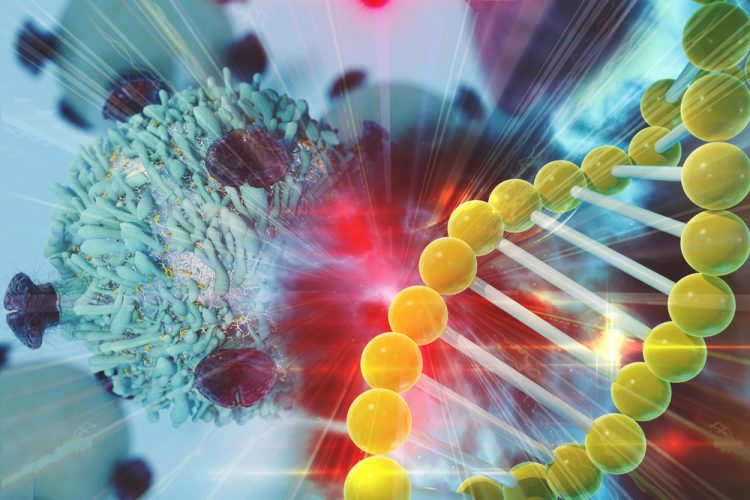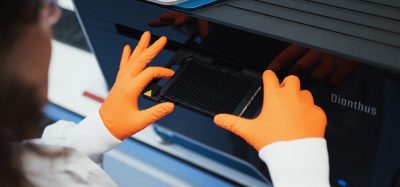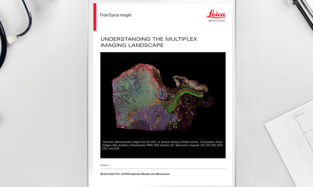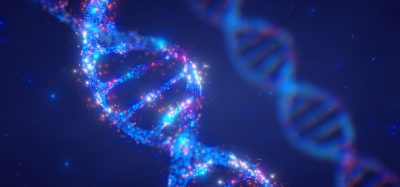AKT degrader may become a new, effective treatment for many cancers
Posted: 29 July 2021 | Anna Begley (Drug Target Review) | No comments yet
Researchers have discovered a therapeutic agent that is effective in vitro at disrupting a biological pathway that helps cancer survive.

A team of scientists at the Mount Sinai Hospital, US, have developed a therapeutic agent that displays high effectiveness in vitro at inhibiting tumour growth. The findings indicate that pharmacological degradation of AKT could be a viable treatment for cancers with mutations in certain genes in the future.
The novel therapy is an engineered molecule called MS21 that causes the degradation of AKT, a cancer gene that encodes an enzyme that is frequently activated in cancer cells to stimulate tumour growth. “Our study lays a solid foundation for the clinical development of an AKT degrader for the treatment of human cancers with certain gene mutations,” said Ramon Parsons, Chair of Oncological Sciences at the Icahn School of Medicine at Mount Sinai. “Examination of 44,000 human cancers identified that 19 percent of tumours have at least one of these mutations, suggesting that a large population of cancer patients could benefit from therapy with an AKT degrader such as MS21.”
MS21 was tested in human cancer-derived cell lines and the researchers are looking to develop MS21 for clinical trials. “Translating these findings into effective cancer therapies for patients is a high priority because the mutations and the resulting cancer-driving pathways that we lay out in this study are arguably the most commonly activated pathways in human cancer, but this effort has proven to be particularly challenging,” added Professor Jian Jin, Director of the Mount Sinai Center for Therapeutics Discovery. “We look forward to an opportunity to develop this molecule into a therapy that is ready to be studied in clinical trials.”
The team’s findings were published in Cancer Discovery.
Related topics
Drug Development, Drug Discovery, Genetic Analysis, Immuno-oncology, In Vitro, Oncology, Therapeutics
Related conditions
Cancer
Related organisations
Icahn School of Medicine at Mount Sinai Hospital
Related people
Dr Ramon Parsons, Professor Jian Jin







